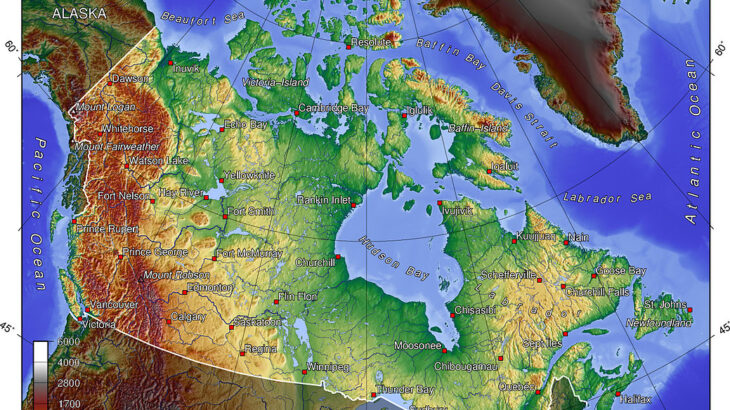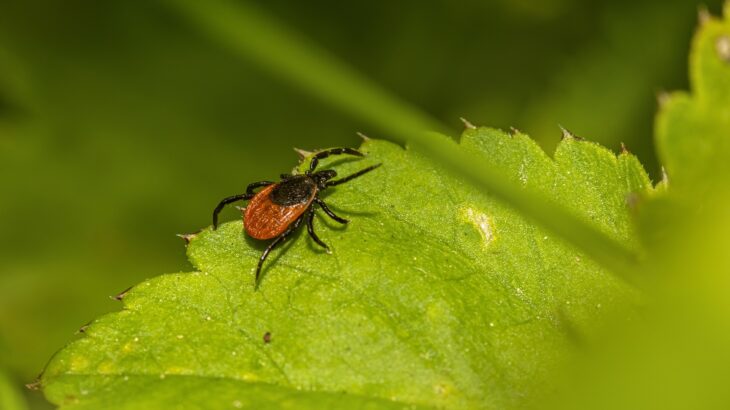
By Mary Anne Schoenhardt, Science and Society co-editor What’s the first thing that comes to mind when you think of maps? An old, rolled up piece of paper? An app on your phone? A piece of cultural identity? A map is a symbolic representation of selected characteristics of a place, usually drawn on a flat […]







